Smoking fish has long been a dangerous job for the women and children who labor over toxic smoke. Many develop blindness, asthma and other illnesses preparing the food that we rely on.
But traditional smoking can also harm us. Smoking adds pollutants to the fish that can impact our health.
This revelation was on the back of Adom News’ report, Health crisis in Ghana’s fishing industry: Women and children face dangers from smoking fish
Currently, health experts are calling on fish smokers across the country to adopt a clean and safer method for smoking fish.
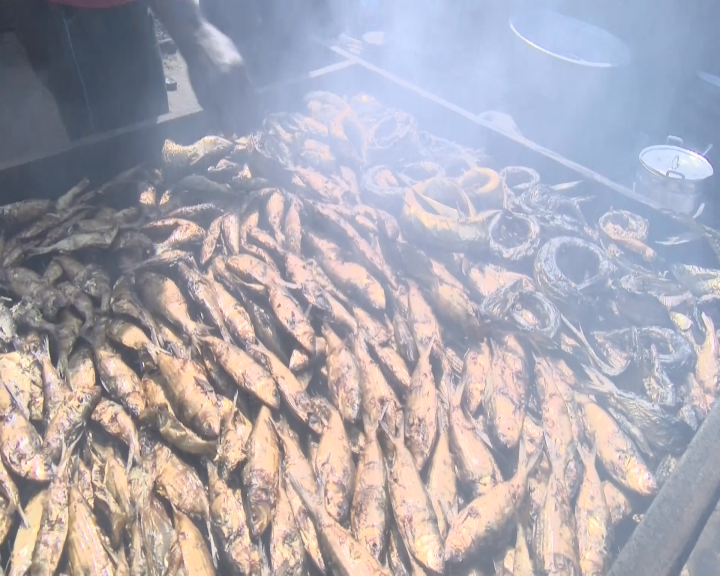
But as Prince Owusu Asiedu found during a visit to some fishing communities along the coast, many fish smokers continue to use the tradition means.
Victoria Darko has been a fishmonger for 45 years. It’s the vocation that has helped her raise three children.
But hundreds of hours over smoking ovens, nearly caused her to go blind. It didn’t take much for doctors to link her condition to the smoke and they warned that if she didn’t change jobs, she would never see again.
Victoria needed a solution. She soon found it in the Ahotor oven. It’s a modern cook stove that emits far less smoke, saving the smokers’ health. Victoria loves her Ahotor oven.
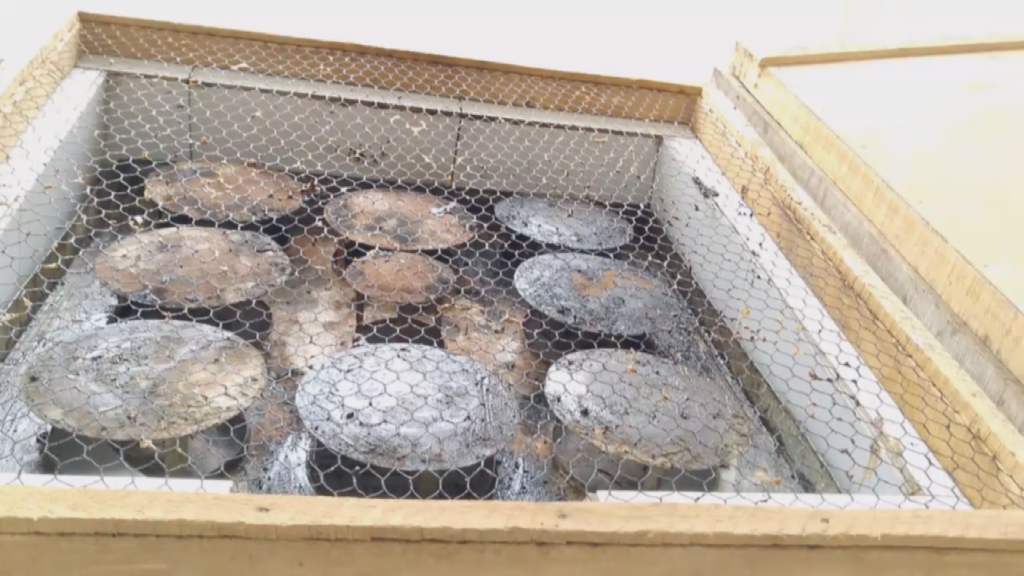
Produced by sustainable fisheries management, the Ahotor oven has been on the Ghanaian market for more than seven years. But looking for a fishmonger who uses the Ahotor stove is as difficult as looking for a needle that has fallen into a river.
From Tema to Teshie-Nungua to James Town and from Cape Coast to Elmina, he found no one using the Ahotor stove.
It was only in Sekondi-Takoradi that he found Victoria – just one fishmonger, using it.
Most fishmongers say that they know of the benefits of the Ahotor stove. They also know the traditional stoves are dangerous. But they all say the Ahotor stove does not do a good job smoking fish.
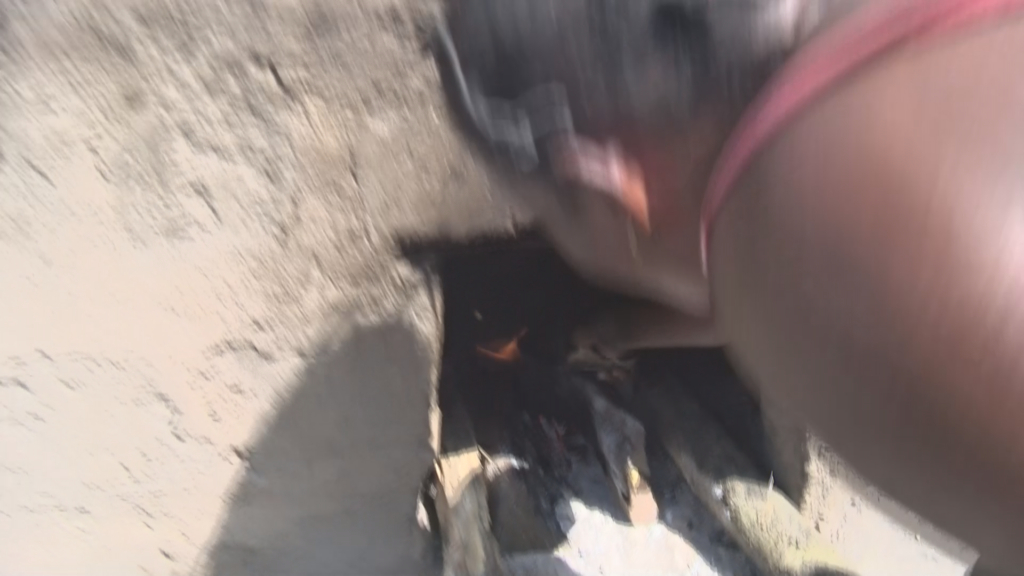
“We know ahotor oven, it cannot smoke the fish well for us so we cannot use it. We prefer using the traditional way”.
Others say even if they wanted to use the modern stove, they can’t afford it. An Ahotor oven sells for ten thousand Ghana cedis. For fishmongers who earn less than a hundred cedis a day, that’s just too much.
“We believe the traditional way is best because the price of the oven is expensive”.
University of Ghana public health expert, Dr. Reginald Quansah, says the Ahotor stove makers must listen to fish smokers in order to save lives.
“We must strive to improve the technology behind the ‘Ahotor Oven,’ addressing concerns raised by those on the frontlines of fish processing”.
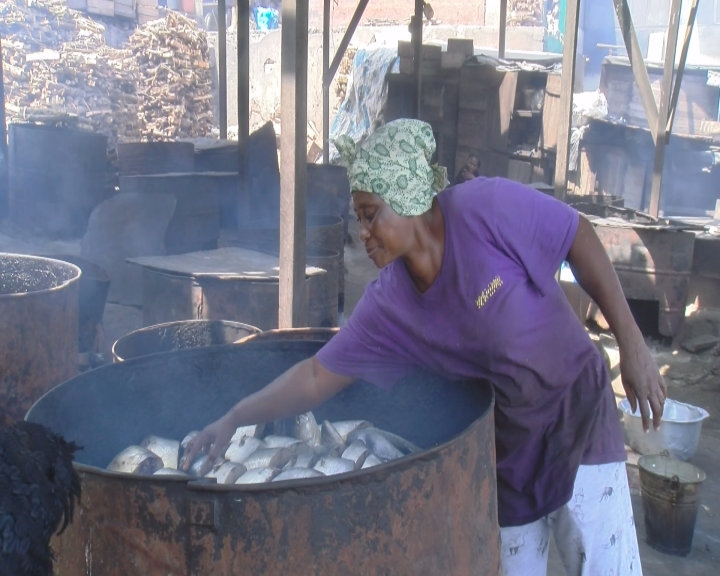
Dr. Florence Boamponsem, is another public health expert who says the health of babies and children of fish smokers is another major reason for the switch to modern stoves.
“Exposing children to smoke should never be considered normal. The health risks, from respiratory issues to developmental complications, are profound.”
President of the Association of Fish Processors and Traders, Juliana Solomon, is encouraging her members to try the modern way of smoking fish.
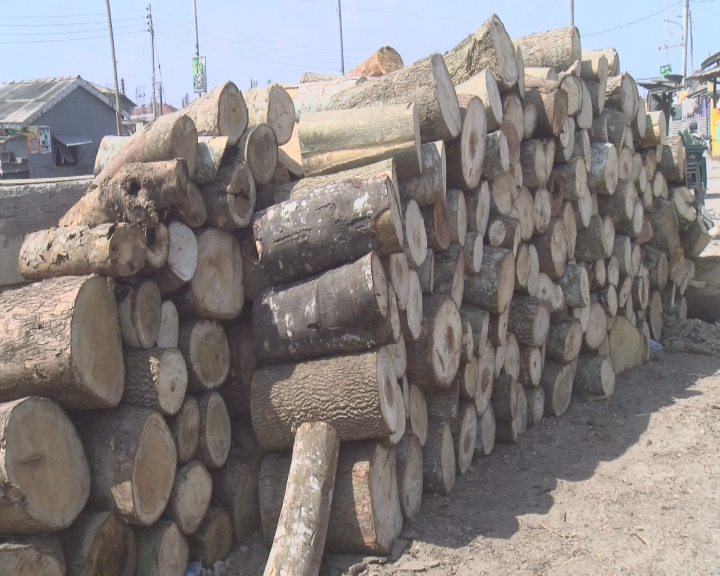
“I urge fishmongers to start using Ahotor Oven whiles they wait for manufactures of the oven to improve technology”.
A Director at the Ministry of Fisheries, Abena Yeboah, also says the Ministry is considering options to help the fishmongers acquire the modern cookstoves.
She says the Fisheries Ministry has received feedback from fishmongers about delay in smoking fish.
“By working together and following best practices, we can ensure a brighter, healthier future for all involved in the fishing industry”.
The inventor of the Ahotor Oven, Kofi Biney, says measures are in place to improve the technology. We have received feedback from fishmongers along the coast about delay in smoking fish so we have improved technology”.
As improvements are made to the Ahotor cookstove, experts say it is imperative that more is done to encourage fishmongers to adopt modern cookstoves to save themselves so that more women like Victoria Darko can save their eyesight and health.
But time is running out. Each day spent working with the traditional oven increases the risk of disease and death for Ghanaian fishmongers.
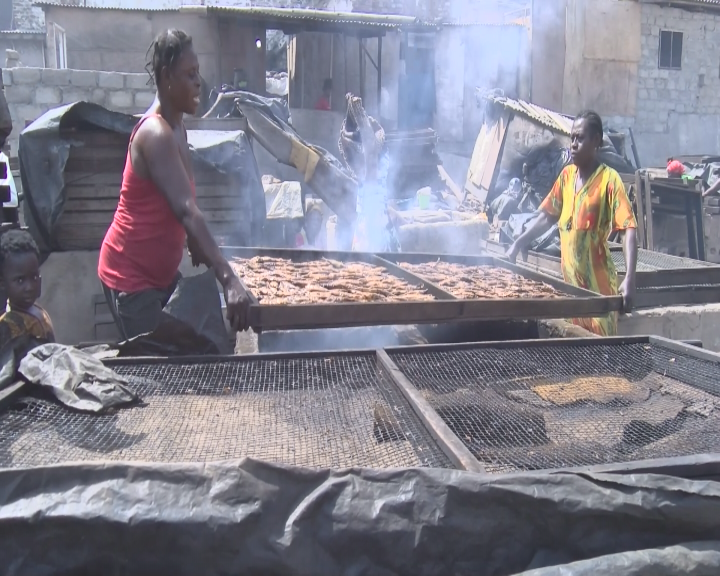
This story was a collaboration between Adom TV & New Narratives as part of the Clean Air Reporting Project. Funding was provided by the Clean Air Fund.
The funder had no say in the story’s content.
Source: Prince Owusu Asiedu

